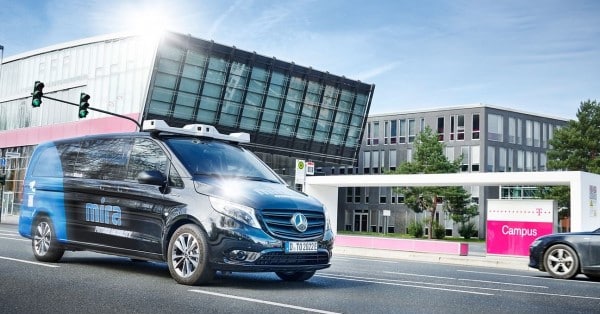Nokia introduced its pioneering Core SaaS for 5G to provide communication service providers (CSPs) and enterprises the option of running the heart of their network through a highly flexible, fully automated, scalable software model that enables greater business agility and faster time to value for delivering and monetizing network services.
Nokia Core SaaS allows operators and enterprises to move away from the legacy practice of deploying customized software that runs on private infrastructure; and to consume Nokia’s Core software, including 5G Packet Core, on-demand through a more cost-effective subscription service that eliminates large upfront capital expenditure and avoids the need to perform on-site software maintenance and updates.
Nokia Core SaaS begins with 5G Core services; trials are expected to commence shortly, and commercial availability is expected in the first half of 2023.
Nokia Core SaaS is the first complete 5G core solution to market with all core cloud-native network functions available through a SaaS delivery model.
Nokia is leading the 5G Standalone Core market, with over 70 CSP customers around the world. In addition, 25 of the top 40 CSPs by revenue rely on Nokia Core network products.
Roberto Kompany, the Principal Analyst of Service Provider Networks at Omdia, said: “As telecom SaaS goes more mainstream, we are seeing more solutions offered in the marketplace that provide operators with much-needed options for getting the most out of the network. Nokia’s launch of its Core SaaS offering through a subscription model today is a new dimension to telecom SaaS and I would expect to see more of this into 2023 as the marketplace more closely examines the potential benefits of going down this path.”
Fran Heeran, SVP & General Manager of Core Networks, Cloud and Network Services, at Nokia, said: “Nokia Core SaaS changes the way core networks are built, deployed and run, with important customer benefits that include Network on demand, speed to market, and easy and fast scaling, in an affordable way. Nokia Core SaaS is not the core network we’ve known for decades, but something entirely different. And this reflects the technology leadership Nokia continues to deliver to the market.”

























